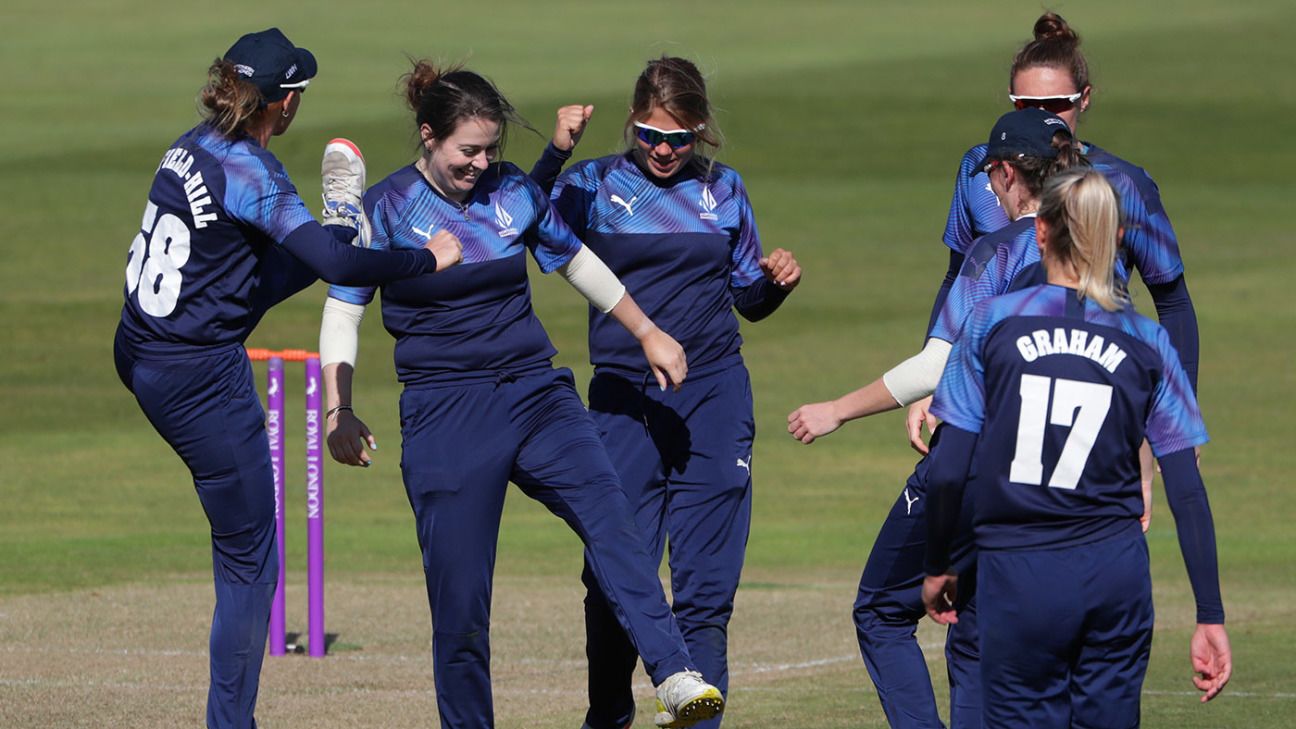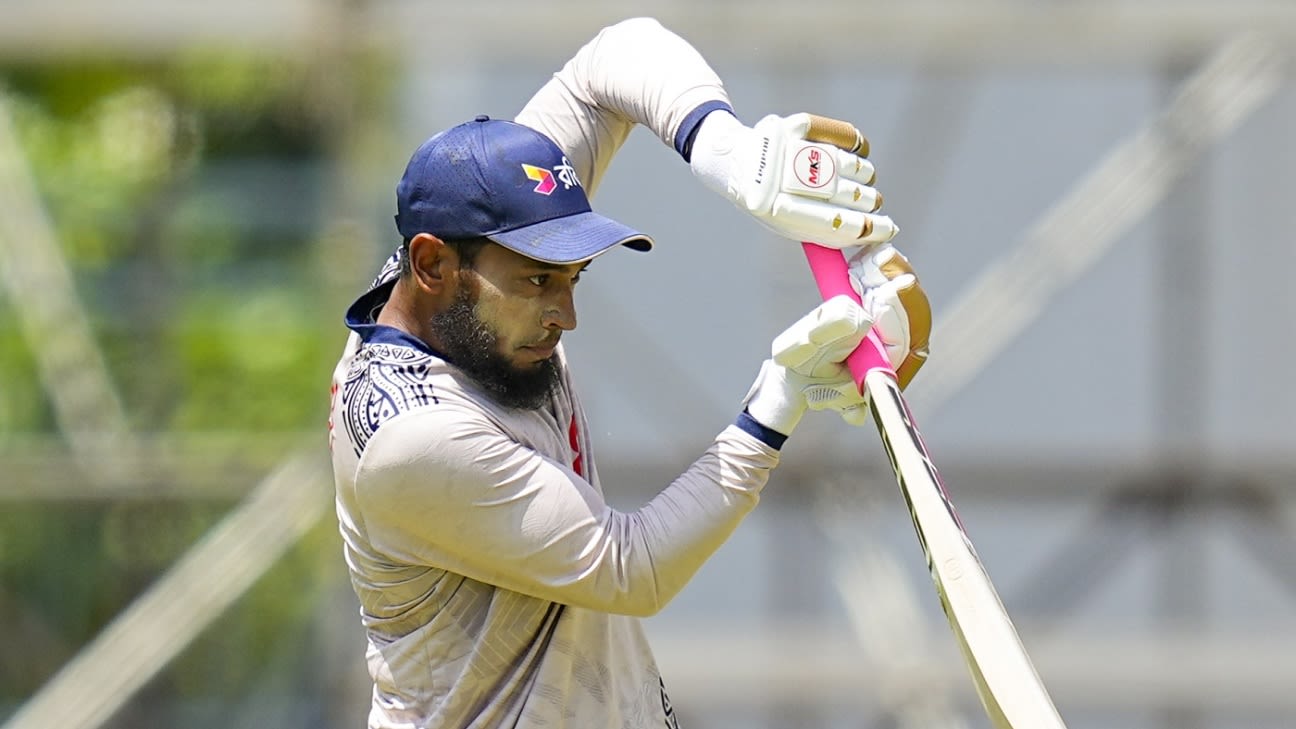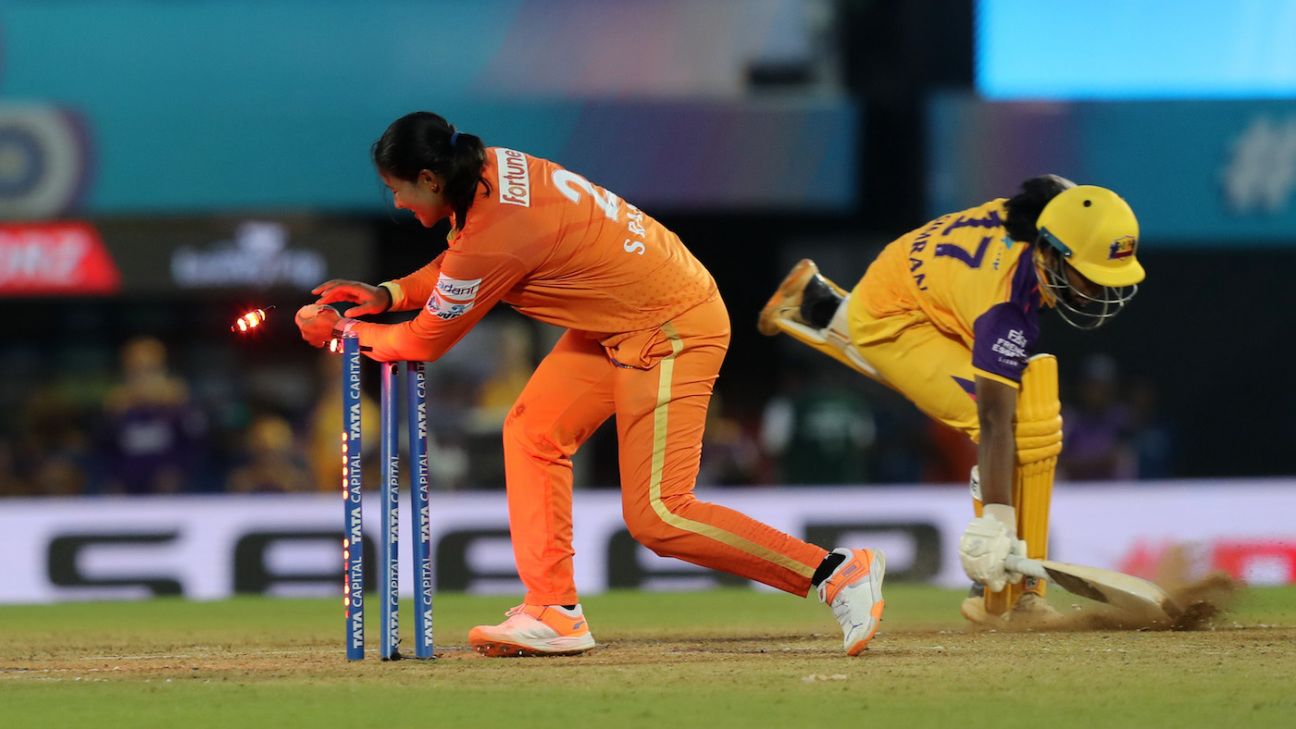Yorkshire’s bid to host a Tier 1 team in England’s new domestic women’s structure has been unsuccessful, sparking disappointment and frustration within the club. However, ECB chief executive Richard Gould has denied that the decision was influenced by Yorkshire’s past failings in addressing allegations of institutional racism.
Northern Diamonds, the regional side in the north east, will continue to be based primarily at Headingley but will also play home games at other locations in 2024. Durham will host a Tier 1 county in the initial eight-team structure from 2025, a decision that Yorkshire’s board described as “tough to take.”
Yorkshire’s board highlighted the club’s large active playing base of women and girls, as well as its success in producing players who have gone on to play internationally for England. They expressed disappointment that they would not be able to use a Tier 1 women’s team to help them achieve their ambition of becoming “the most welcoming and inclusive cricket club in the country.”
Gould emphasized that the ECB’s decision was not a punishment for Yorkshire’s past sins. “Our role is to promote the game, not punish,” he said. “We have responsibility when we have an opportunity such as this to get the best outcomes nationally.”
The news has caused concern among Northern Diamonds players and staff, with England captain Heather Knight confirming that the prospect of having to relocate from Leeds to Durham has caused “quite an unsettling time” for some of the Yorkshire-based domestic players.
Gould acknowledged that such tough decisions are part of the process. “This is professional sport,” he said. “It’s no bad thing. If you want to be paid to be a player in this set-up, you’re going to be a Tier 1 player.”
The Professional Cricketers’ Association (PCA) anticipates some “teething problems” and has pledged to hold counties accountable in delivering on their proposals. Knight believes that the scale of disappointment is a sign of the progress that has been made in women’s cricket.
The ECB’s investment in women’s domestic cricket is expected to grow the number of female professional players in the country by 80% in the next five years. Knight believes there is enough talent to sustain the structure and that investment is key to growing the depth.
The revamp is seen as the next logical step in the professionalization of women’s cricket in England and Wales. Knight expressed excitement about the plans and hopes that women’s cricket will be given equal opportunity alongside the men’s game.






